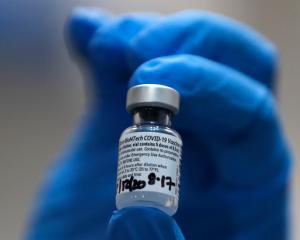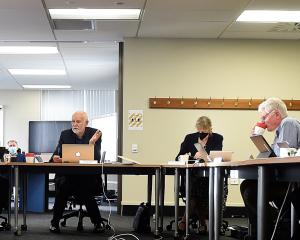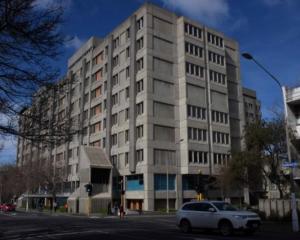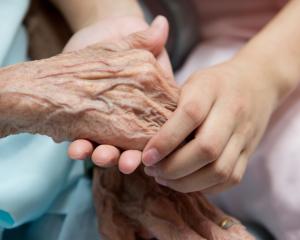In a paper presented to an Australian Medical Association meeting in Canberra last week, Association of Salaried Medical Specialists executive director Ian Powell said the health boards' three-year offer constituted $7 million of new money in the first year ($42 million cumulative over three years).
The pay talks came at a time of vulnerability and target-chasing in health boards, Mr Powell said, targeting the Southern District Health Board for particular criticism. Along with Waitemata, it had high levels of internal dysfunction, he said.
SDHB chief executive Carole Heatly had made ''important mistakes'' in her 13 months in the job by not changing the ''malignant leadership culture'', entrenching it instead through poorly designed restructuring. She was too focused on matters at the highest levels, allowing ''frustration to fester'' beneath her.
''In the New Zealand public health system, chief executives should not be too hands-on operationally, but they need to know what is going on, and be seen to know.''
In a prepared statement, Ms Heatly rejected the criticism of her leadership style, saying the health board was working hard to improve its culture and there were promising signs of progress.
Mr Powell said, had the 0.75% pay offer been accepted, it would have been used as a ''market'' figure in pending negotiations with junior doctors, mental health nurses, radiologists and support staff.
He said health board negotiators were justifying their position by denying a senior doctor recruitment problem, claiming an average nine-year turnover of senior doctors was ''good news'', and saying workforce issues were handled through initiatives other than pay rounds.
Health boards had changed their tune on the recruitment problem, which as late as 2010 was acknowledged by Health Minister Tony Ryall, he said.
The rejected offer included creating a new senior pay step and loading the pay increase towards the top three steps.
Contacted yesterday, health boards' employment relations strategy group chairman Graham Dyer said Mr Powell seemed to be unaware of the recession.
''Things are tight across the board ... DHBs are offering what we can afford to pay the senior medical staff.''
Many other countries could not offer health personnel any increase at all.
''Mr Powell seems to want to ignore these realities.''
Mr Dyer questioned whether Mr Powell should be using his paper presented last week to ''position ahead of bargaining'', which resumes later this week.
''You've got to question the good faith intentions of that. How he chooses to do that is not something he necessarily discusses with his constituency.''
Mr Dyer said Mr Powell's oft-repeated claims of a workforce ''crisis'' were not backed up by evidence. There were fewer vacancies, and more senior doctors, than in previous years. Where shortages existed, they tended to be in hard-to-staff areas where it was difficult to recruit for lifestyle reasons.
Individual packages negotiated on top of base salaries were the appropriate mechanism for doctors to demand more money for certain roles. The last agreement expired at the end of February.
Last year, the mean full-time equivalent base salary for specialists was more than $184,000, according to the union's annual salary survey.











